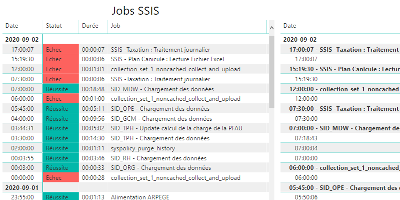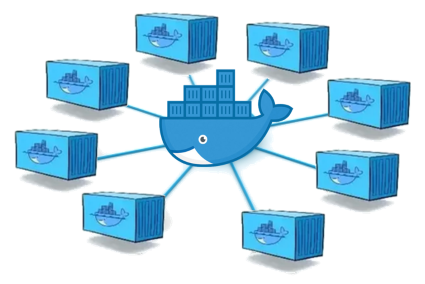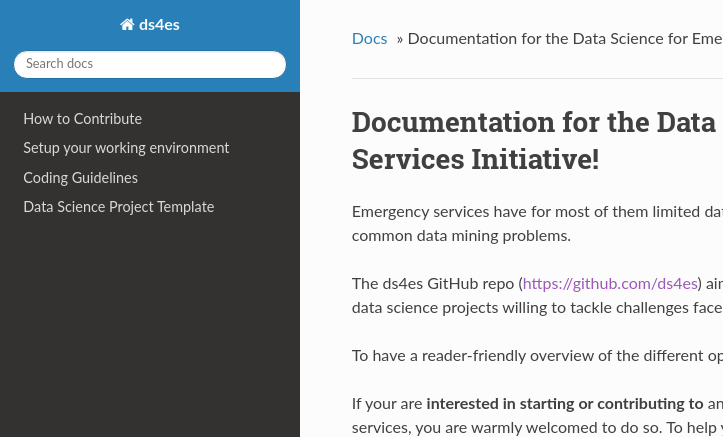Install Anaconda Python Distribution for all users on RHEL/CentOS 7

The easiest way to install Python and Jupyter Notebook is probably with Anaconda.
Anaconda is a free and open source distribution of the Python programming language for data science and machine learning related applications, that aims to simplify package management and deployment. Package versions are managed by the package management system conda.
First install bzip2 and wget if you do not have those yet
sudo yum install bzip2 wget
Download the last Anaconda installer for your environment: https://repo.continuum.io/miniconda/
cd ~/Downloads
wget https://repo.continuum.io/miniconda/Miniconda3-4.5.12-Linux-x86_64.sh
Run it with sudo privileges
sudo sh Miniconda3-4.5.12-Linux-x86_64.sh
The installer will then begin and proceed with a series of questions.
Do you accept the license terms? [yes|no]
[no] >>>
Please answer 'yes' or 'no':'
>>> yes
Anaconda3 will now be installed into this location:
/root/miniconda3
- Press ENTER to confirm the location
- Press CTRL-C to abort the installation
- Or specify a different location below
[/root/anaconda3] >>> /usr/local/miniconda3
PREFIX=/usr/local/miniconda3
I will NOT risk to prepend the Anaconda install location to PATH in your /root/.bashrc
All users have now access to Anaconda through:
- conda - /usr/local/miniconda3/bin/conda
- python - /usr/local/miniconda3/bin/python
You can install new packages with through the conda command line tool
sudo /usr/local/miniconda3/bin/conda install -c anaconda pip
And or with pip
sudo /usr/local/miniconda3/bin/pip install flask
Let’s update the Python packages
sudo /usr/local/miniconda3/bin/conda upgrade --all -y
Remove unused packages
sudo /usr/local/miniconda3/bin/conda clean --yes --all
A bunch of useful commands
List the previous versions of your conda environment
conda list --revisions
Rollback your environment to a specific previous version
conda install --revision 18
Install all required packages listed in a requirements.txt file
while read requirement; do conda install --yes $requirement; done < requirements.txt
Uninstall all unused packages in a conda virtual environment
conda clean --yes --all
See also
date_range 02/09/2020

How to monitor SSIS job and package executions.
date_range 15/08/2020

Enable a network connectivity between Docker containers on CentOS 8.
date_range 07/04/2020

Sphinx and GitHub provide an efficient and free way to publish your documentation online. Here we describe how to do so.